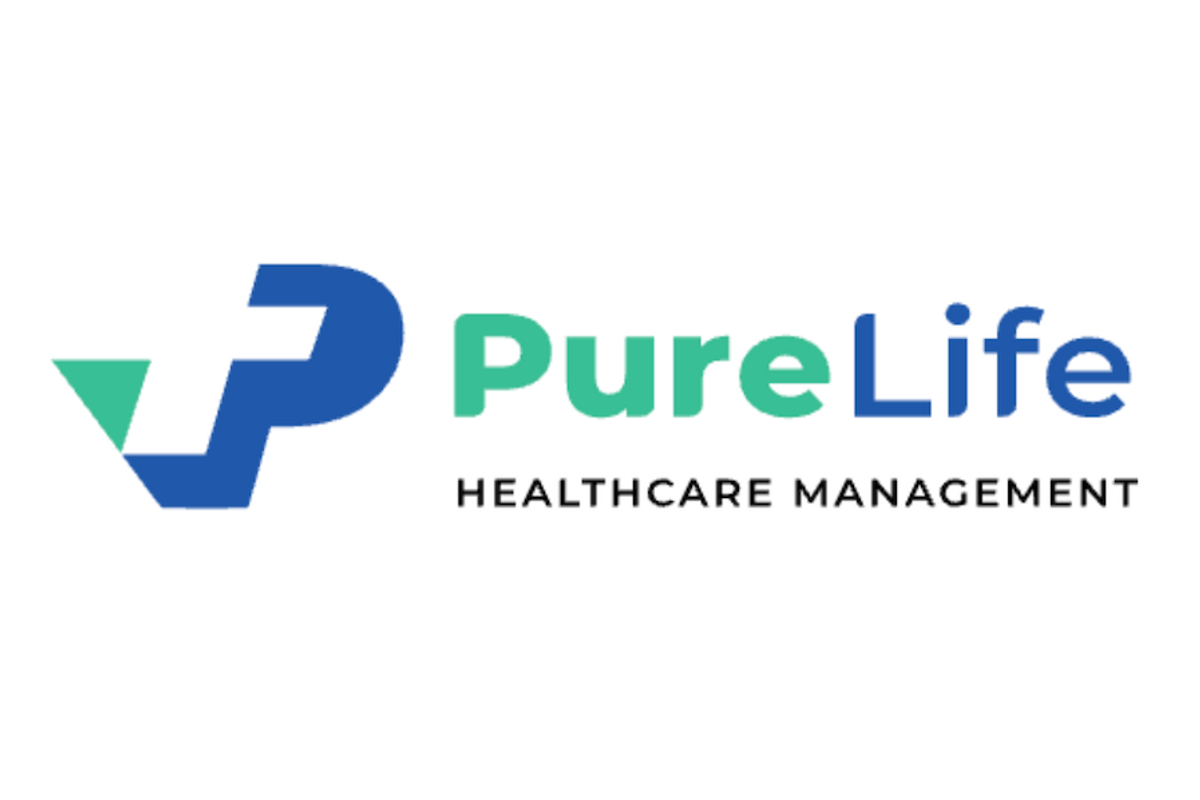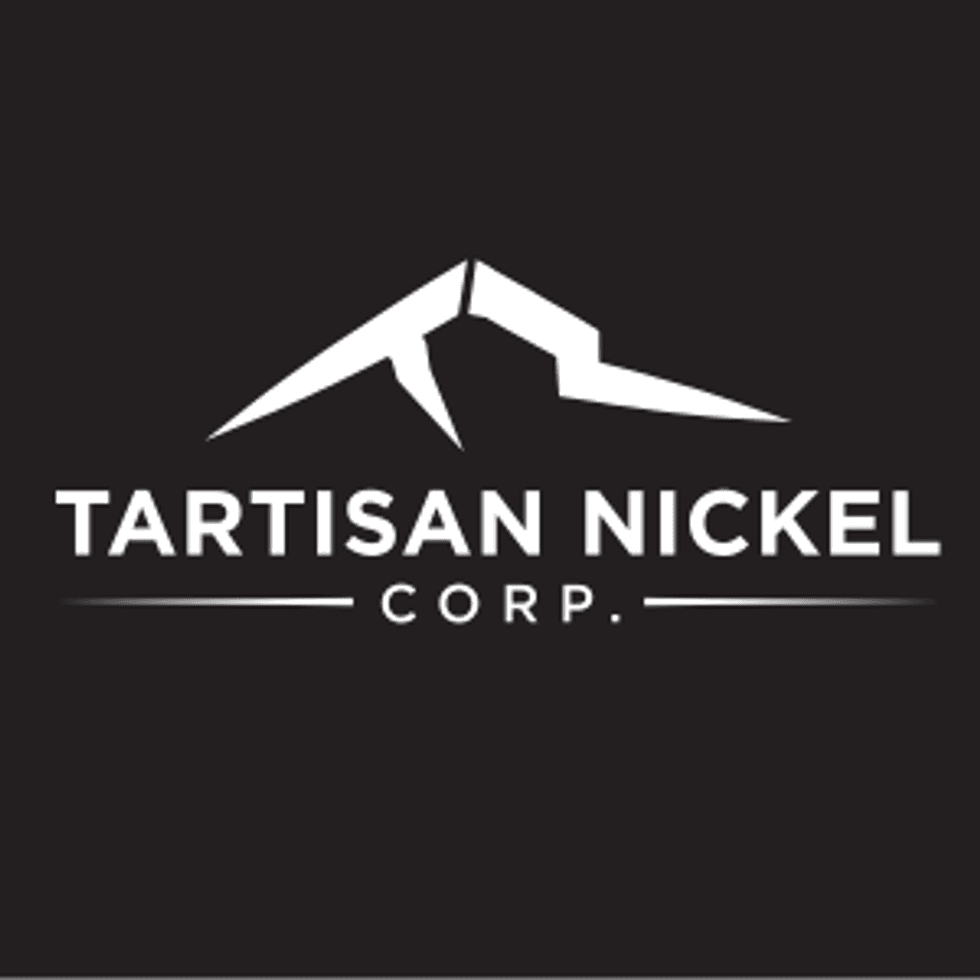
- WORLD EDITIONAustraliaNorth AmericaWorld
November 01, 2023
Pure Life Healthcare Management (PLHM), an integrated wrap-around healthcare provider today announced the successful acquisition of Revolution Medical Cannabis (RMC), a prominent virtual clinic specializing in the delivery of medical Cannabis for the Canadian market. This strategic acquisition further solidifies PLHM's commitment to revolutionizing healthcare delivery and expanding its digital footprint in the telehealth sector.
RMC has built an impressive network of doctors providing top-tier virtual care to thousands of patients across the country with its state-of-the-art platform. By integrating RMC's unique offerings, PLHM aims to enhance its current services and provide a more comprehensive and seamless patient experience.
"As we continue our journey to redefine healthcare in the digital age, the acquisition of Revolution represents a significant step with our vision to lead the digital transformation of healthcare. Their expertise and technological capabilities will not only complement our current services but also enable us to reach more patients in innovative ways. Together, we will set new standards for virtual healthcare delivery, ensuring that every patient, no matter where they are, has access to quality care right at their fingertips."
- Doug Page, CEO of PLHM
Integrating the two companies will combine technological resources, streamline virtual consultations, and ensure faster, more reliable access to medical professionals. Existing patients of RMC can expect a smooth transition with continued excellence in care and a host of enhanced features in the near future.
About Pure Life Healthcare Management
Pure Life Healthcare Management is a company dedicated to providing comprehensive support for individuals dealing with trauma, including PTSD. With a specific focus on veterans, first responders, and front-line healthcare workers, PLHM is poised to be the first national network of wrap-around medical facilities focusing on treating trauma. The company adopts a holistic approach that integrates mental, physical, and emotional support, demonstrating a commitment to addressing the various aspects of healing and recovery.
About Revolution Medical Cannabis
Revolution Medical Cannabis was founded with a deep commitment to bridging healthcare gaps and is a pioneering virtual clinic catering to the distinct needs of clients across the country. With an extensive network of top-tier doctors and medical professionals, RMC specializes in delivering timely, efficient, and tailored healthcare solutions. Their reach extends Canada-wide, ensuring not only expert consultations but also doorstep delivery of prescribed medications, embodying our vision of comprehensive and accessible healthcare for all.
For more information, please contact:
Doug Page, CEO
1 888 454 4144
IR@plhm.ca
Cautionary Statement About Forward-Looking Information:
This document contains statements that may constitute forward-looking information under applicable securities legislation. Such forward-looking information can often, but not always, be identified by the use of words like "anticipates", "believes", "estimates", "projects", "potential", "plans", "seeks", or statements that events, conditions, or results "will", "may", "could" or "should" occur or be achieved, and other similar expressions. These statements reflect management's current beliefs and are based on information currently available to management. Forward-looking information involves risks, uncertainties, and other factors that could cause actual results, performance, prospects, and opportunities to differ materially from those expressed or implied by such forward-looking information.
Factors that could cause actual results to differ materially from these forward-looking statements include those risks set out in the Company's public documents filed on national securities websites in the country of incorporation. Although the Company believes that the assumptions and factors used in preparing the forward-looking information in this document are reasonable, undue reliance should not be placed on such information, which only applies as of the date of this document, and no assurance can be given that such events will occur. The Company disclaims any intention or obligation to update or revise any forward-looking information, whether as a result of new information, future events or otherwise, other than as required by applicable law.

Sign up to get your FREE
Tartisan Nickel Corp. Investor Kit
and hear about exciting investment opportunities.
- Corporate info
- Insights
- Growth strategies
- Upcoming projects
GET YOUR FREE INVESTOR KIT
The Conversation (0)
12 February
Tartisan Nickel Corp.
Advancing a high-grade Nickel-Copper-Cobalt Project in Northwestern, Ontario
Advancing a high-grade Nickel-Copper-Cobalt Project in Northwestern, Ontario Keep Reading...
11 February
InMed Reports Second Quarter Fiscal 2026 Financial Results and Provides Business Update
InMed Pharmaceuticals Inc. (NASDAQ: INM) ("InMed" or the "Company"), a pharmaceutical drug development company focused on developing a pipeline of proprietary small-molecule drug candidates for diseases with high unmet medical needs, today reports financial results for its second quarter of... Keep Reading...
11 February
As GLP-1 Brands Go Prime Time, Regulators Flag Growing Illicit Market
At Super Bowl LX, companies behind blockbuster GLP-1 medications spent tens of millions of dollars to court a mass audience. But as brand-name makers and telehealth platforms race to normalize and expand access, regulators on both sides are warning of a parallel surge in counterfeit, compounded,... Keep Reading...
28 January
Expansion of SVN-015 into Depression Following Positive Preclinical Data
Demonstrates antidepressant-like activity benchmarked against fluoxetine (Prozac®), supporting potential in patients with inadequate SSRI response
Solvonis Therapeutics plc (LSE: SVNS), an emerging biopharmaceutical company developing novel medicines for high-burden central nervous system ("CNS") disorders, announces the expansion of its investigational compound SVN-015 into the treatment of depression, supported by preclinical data... Keep Reading...
20 January
5 Biggest Pharmaceutical ETFs for Investors in 2026
Experienced and novice investors alike may want to consider pharmaceutical exchange-traded funds (ETFs) as a way to gain exposure to the top pharma companies and the pharma market as a whole. Like all ETFs, pharmaceutical ETFs are a good option for those who want to trade a set of assets in the... Keep Reading...
17 December 2025
InMed Announces Results of 2025 Annual General and Special Meeting
InMed Pharmaceuticals Inc. (NASDAQ: INM) ("InMed" or the "Company"), a pharmaceutical company focused on developing a pipeline of proprietary small molecule drug candidates for diseases with high unmet medical needs, today confirmed that, at its annual general and special meeting of shareholders... Keep Reading...
12 December 2025
InMed Provides Update on BayMedica Commercial Business
InMed Pharmaceuticals Inc. (NASDAQ: INM) ("InMed" or the "Company"), a pharmaceutical company focused on developing a pipeline of proprietary small molecule drug candidates for diseases with high unmet medical needs, today released the following statement.Recently, H.R. 5371, the "Continuing... Keep Reading...
Latest News

Sign up to get your FREE
Tartisan Nickel Corp. Investor Kit
and hear about exciting investment opportunities.
- Corporate info
- Insights
- Growth strategies
- Upcoming projects
GET YOUR FREE INVESTOR KIT
Interactive Chart
Latest Press Releases
Related News
TOP STOCKS
American Battery4.030.24
Aion Therapeutic0.10-0.01
Cybin Corp2.140.00




